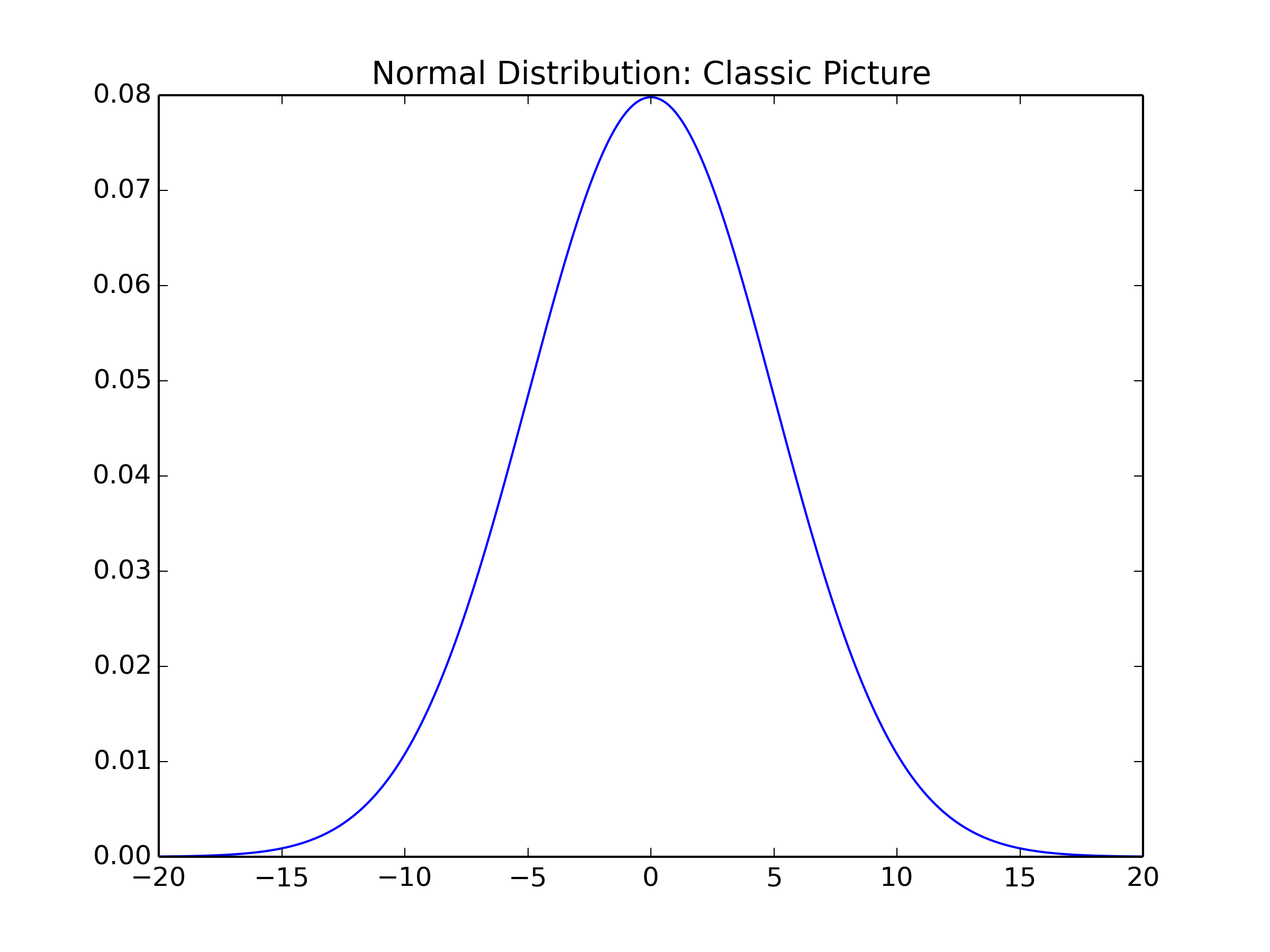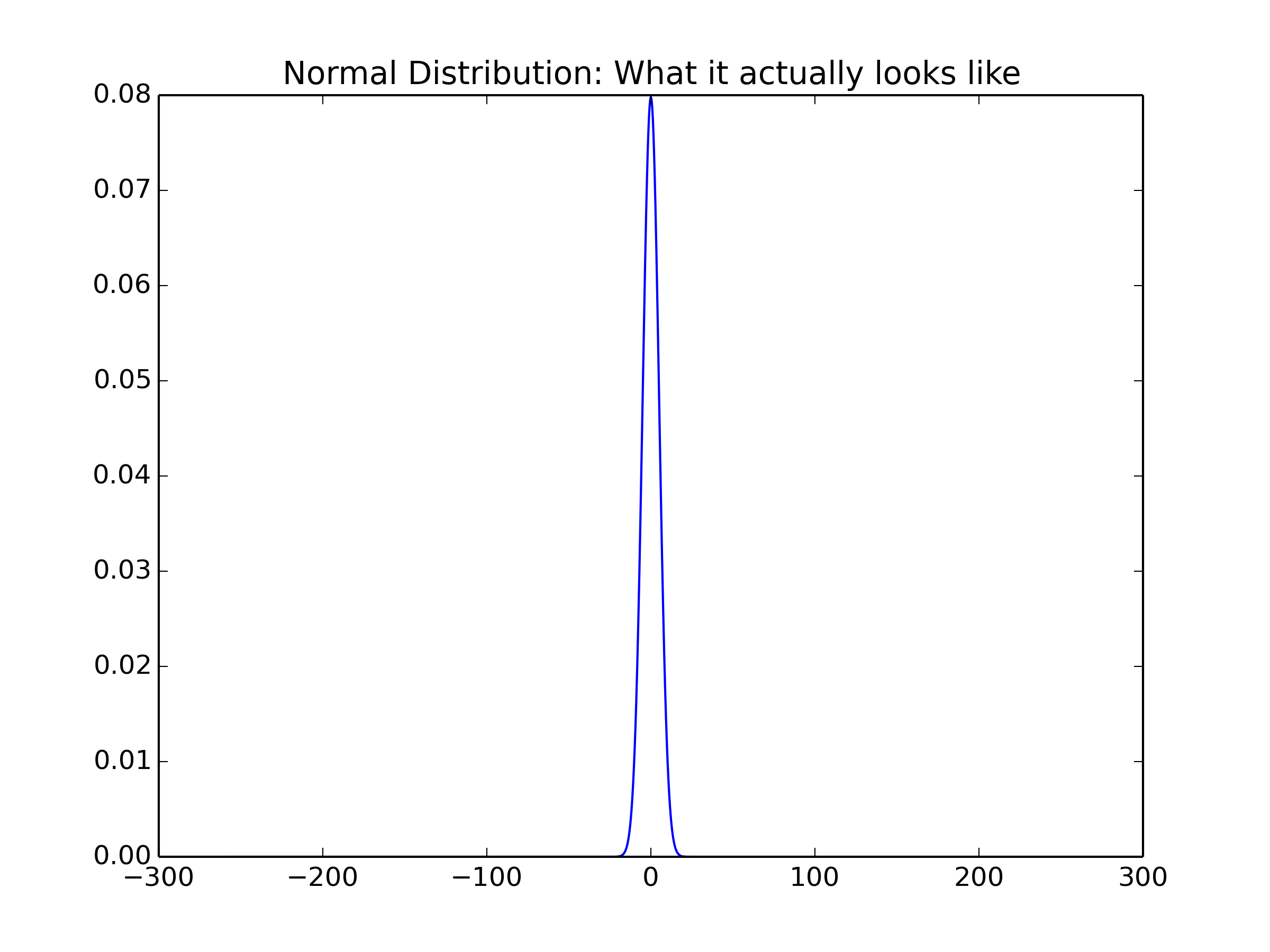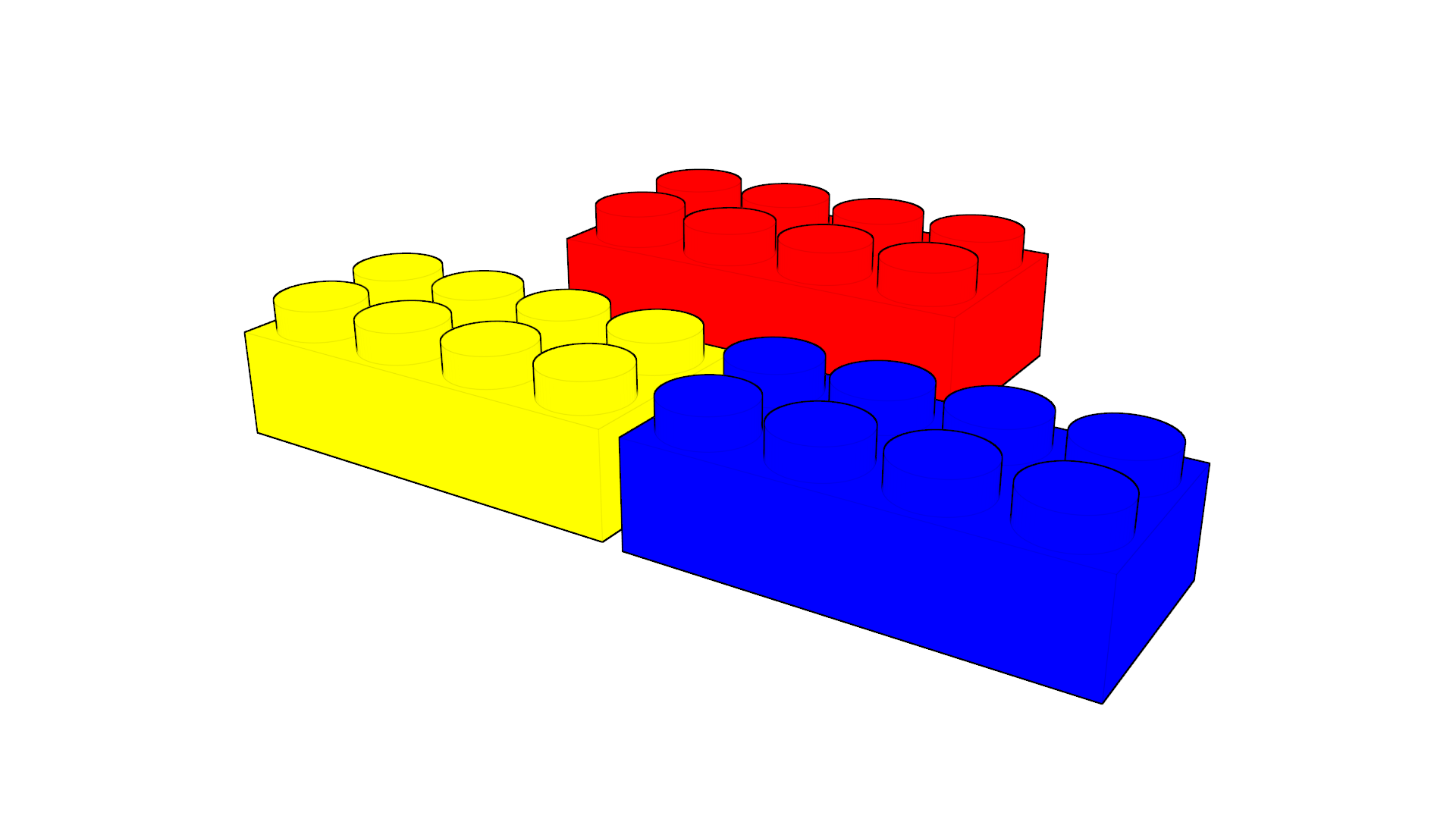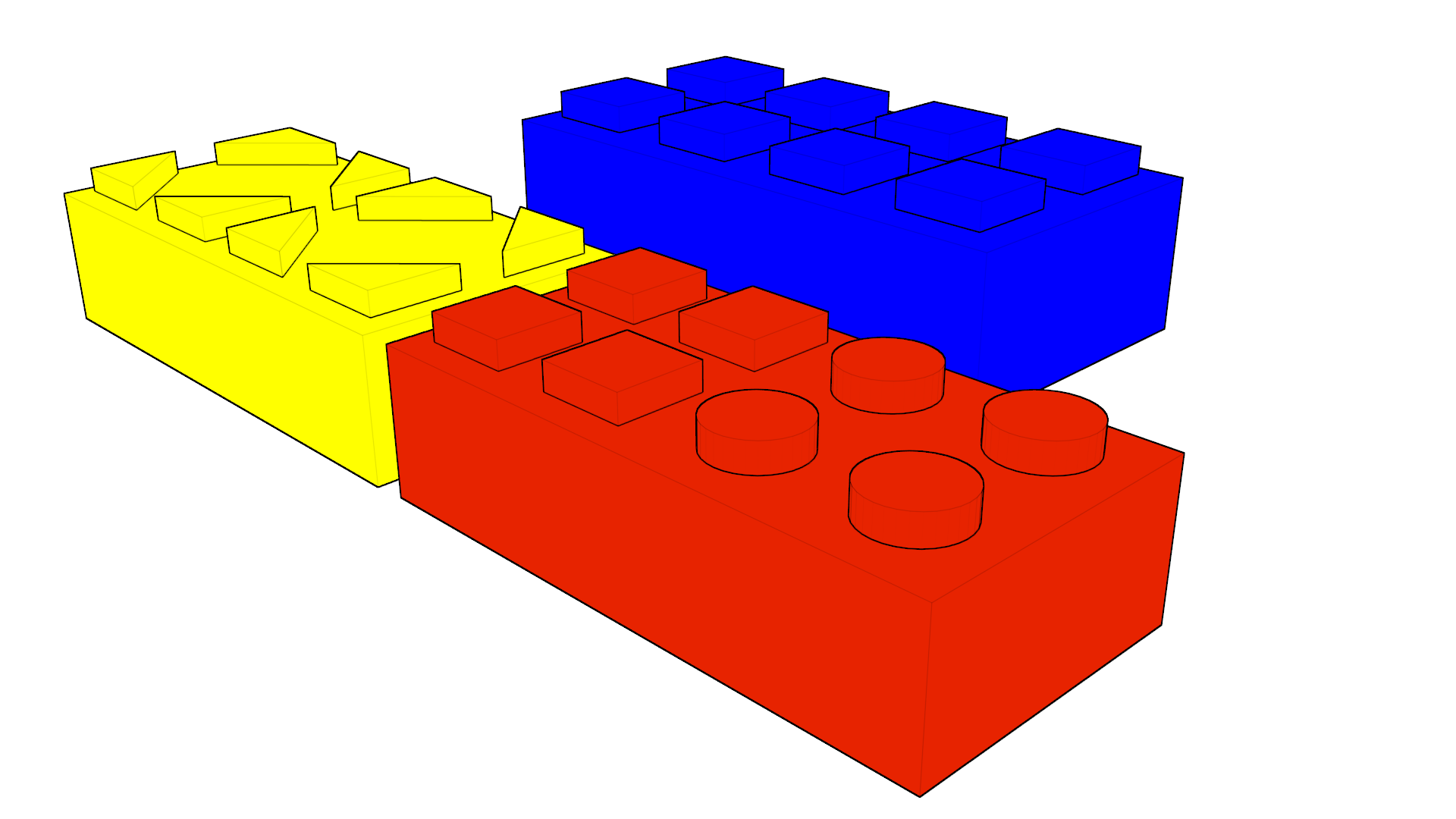



If a language encourages a certain style, almost all of its programs will be in that style
If that style is nasty, every program you have to fix or lib you need will be written in it

std::string WhatDoIDo?(const std::vector<std::string> & dirs , char separator) {
std::vector<std::string>::const_iterator vsi = dirs.begin();
int mCC = vsi->length();
std::string compareString = *vsi;
for (vsi = dirs.begin() + 1; vsi != dirs.end(); vsi++) {
std::pair<std::string::const_iterator , std::string::const_iterator> p =
std::mismatch(compareString.begin(), compareString.end(), vsi->begin());
if ((p.first - compareString.begin()) < mCC)
mCC = p.first - compareString.begin();
}
std::string::size_type found = compareString.rfind(separator, mCC);
return compareString.substr(0 , found);
}
#buggy and brittle, just for demonstration
def mismatch(a,b):
smallest = min(len(a),len(b))
for i in range(smallest):
if a[i] != b[i]:
return i
return smallest
def whatDoIDo(dirs, separator):
compareString = dirs[0]
maxMatch = len(compareString)
for currentDir in dirs[1:]:
mLength = mismatch(currentDir, compareString)
if mLength < maxMatch:
maxMatch = mLength
lastPathIndex = compareString[:maxMatch + 1].rfind(separator)
return compareString[:lastPathIndex]
def whatDoIDo2(dirs, separator):
maxMatching = mergeStringsWhileEqual(dirs)
return substringUntilLast(separator, maxMatching)
def whatDoIDo3(dirs, separator):
maxMatching = merge(whileEqual, dirs)
return substringUntilLast(separator,
toString(maxMatching))
#Combine lists, stop when "how" returns None
merge(how, lists)
#Take substring until last occurence of separator
substringUntilLast(separator, s)
#whileEqual(a,b,c,...,z) = a if all equal, else None
whileEqual(*items)
#Members of list until first occurence of None
listUntilNone(l)
#demonstration code, more "pythonic" or plain better solutions possible
def merge(how, lists):
return listUntilNone(map(how, *lists))
def substringUntilLast(separator, s):
return s[:s.rfind(separator)+1]
def whileEqual(*items):
return functools.reduce(lambda x,y : x if x == y else None, items)
def listUntilNone(l):
return itertools.takeWhile(lambda x: x != None, l)
toString = ''.join
#define function without def and lambda for style points
whatDoIDo4 = compose(partial(substringUntilLast, "/"),
partial(merge, whileEqual))
It's better to have 100 functions operating on 1 datastructure than 10 functions operating on 10 datastructures.Alan Perlis


It's better to have 100 functions operating on 1 abstraction than 10 functions operating on 10 abstractions.Alan Perlis, 2.0
import Mouse
edgeLength = lift (uncurry max) Mouse.position
resizeableImage n = image n n "/Image.jpg"
main = lift resizeableImage edgeLength
Treating something as a sequence allows ALL sequence functions to be used on it
(defn messages-from [client]
(->> (:in @client)
line-seq
(map escape-control-chars)
(remove str/blank?)
(partition-by block-separator?)
parse-block))
(def stats-graph
{:n (fnk [xs] (count xs))
:mean (fnk [xs n] (/ (sum identity xs) n))
:mean2 (fnk [xs n] (/ (sum #(* % %) xs) n))
:variance (fnk [mean mean2] (- mean2 (* mean mean)))})
(def stats (graph/eager-compile stats-graph))
(stats {:xs [1 2 3 6]})

Topic:The Actor Model!
